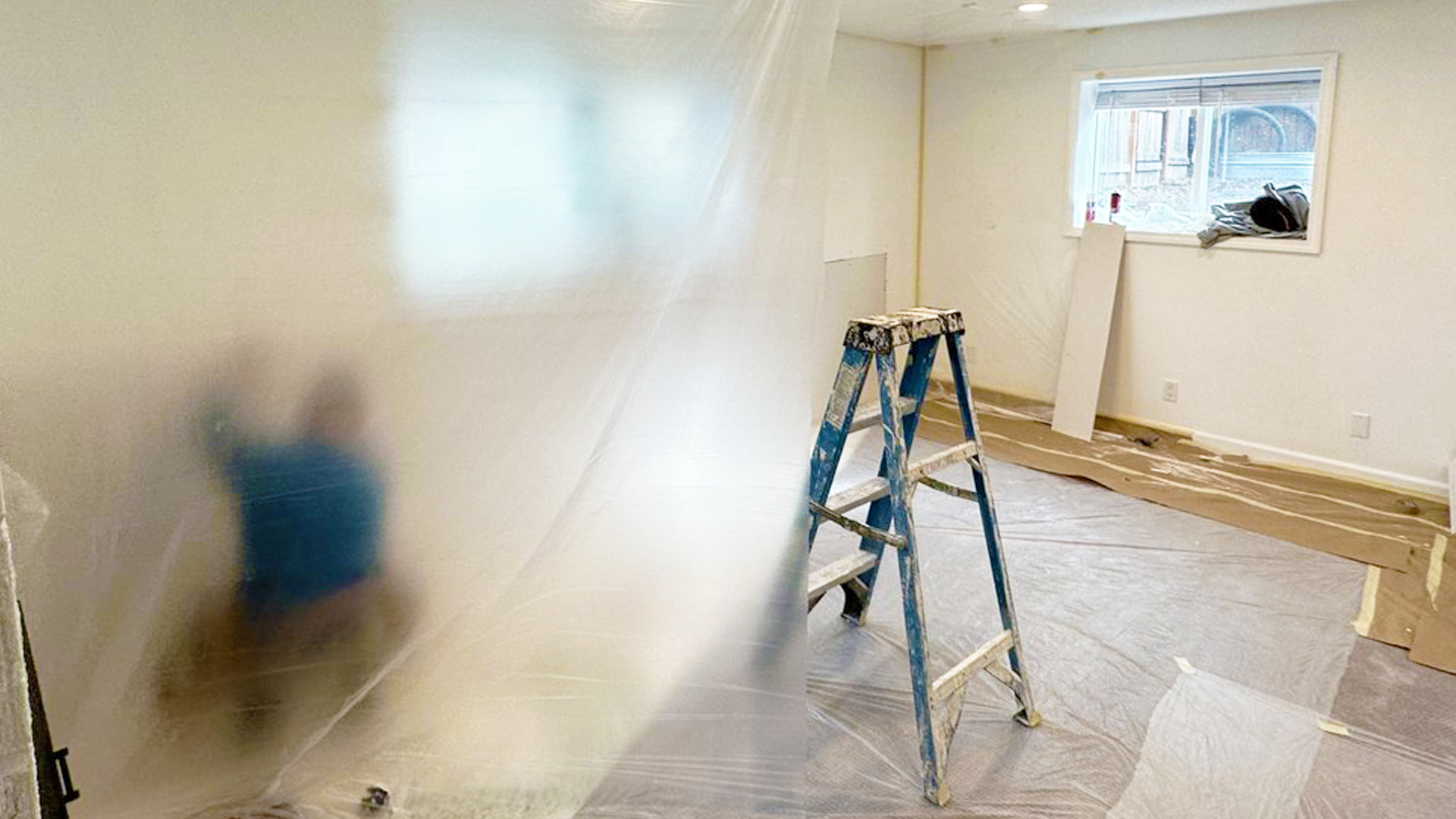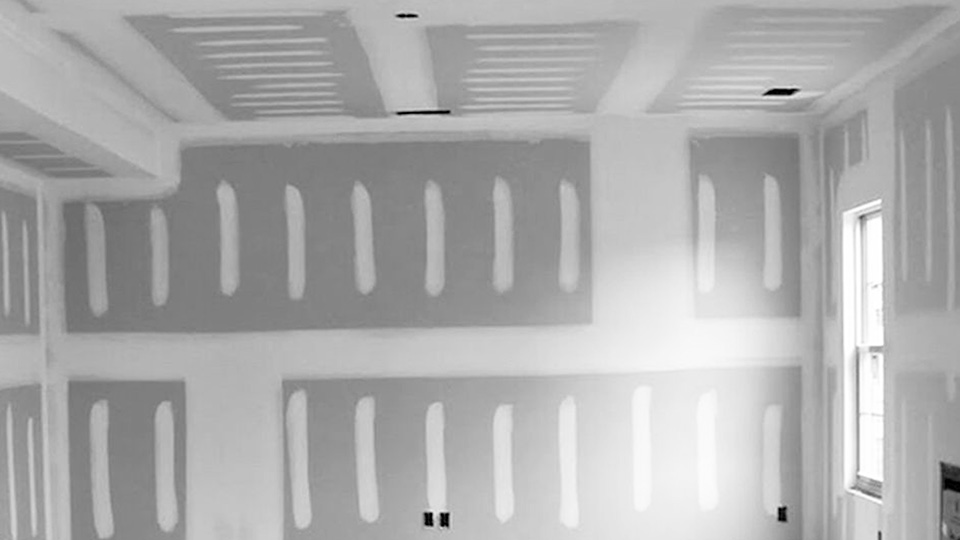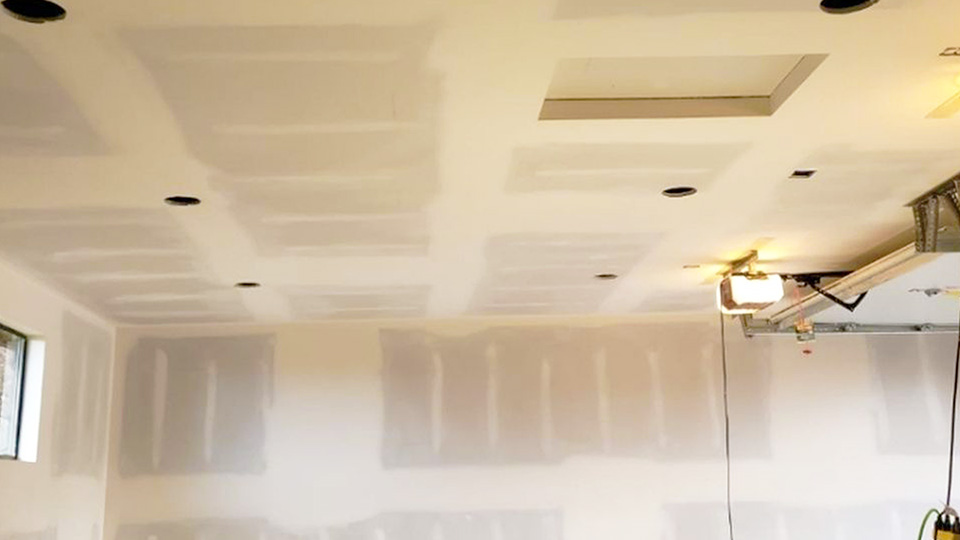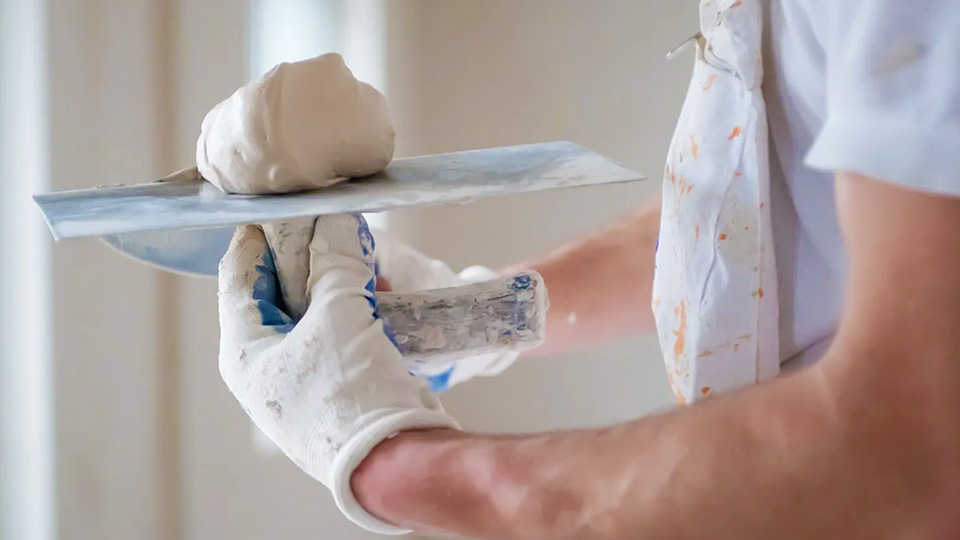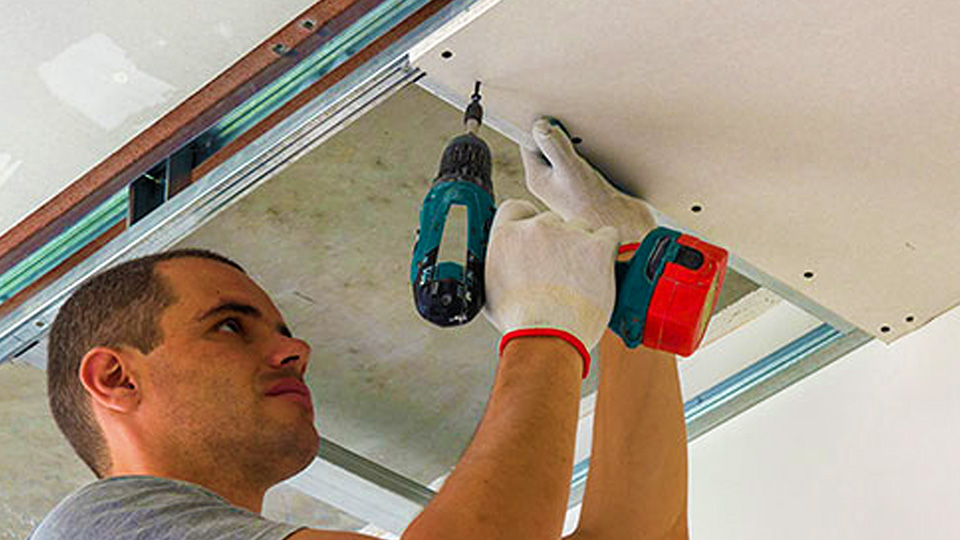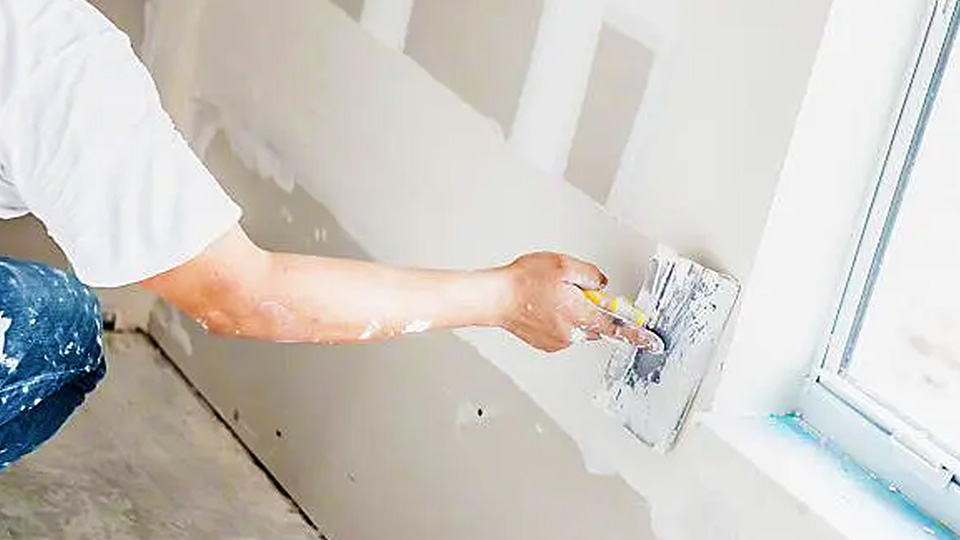Drywall Repair in Vancouver BC – Need a Quote >
Drywall is a fundamental component of modern construction, providing a smooth, durable surface for interior walls and ceilings. However, like any building material, it is susceptible to damage over time. Whether you’re facing a small hole or considering a complete renovation, understanding the costs and repair options associated with drywall is essential. In this article, we’ll delve into common questions surrounding drywall, including repair techniques, costs, and professional insights.
1. How much does it cost to drywall in Vancouver?
The cost of drywall installation in Vancouver varies depending on factors such as the size of the project, labor rates, and material prices. On average, homeowners can expect to pay between $1.50 to $3.00 per square foot for basic drywall installation. However, prices may increase for more complex projects or specialty finishes.
2. Is it better to patch or replace drywall?
Whether to patch or replace drywall depends on the extent of the damage. Small holes or cracks can often be effectively patched, saving time and money. However, if the damage is extensive or structural integrity is compromised, replacement may be necessary for a long-lasting solution.
3. How do you repair damaged drywall?
Repairing damaged drywall involves several steps, including cleaning the area, applying joint compound, sanding, and painting. For small holes or cracks, self-adhesive mesh patches can be used. Larger repairs may require cutting out the damaged area and installing a new piece of drywall.
4. How do you repair a hole in drywall without a patch?
To repair a small hole in drywall without a patch, you can fill the hole with spackle or joint compound using a putty knife. After the compound dries, sand the area smooth and paint to match the surrounding wall.
5. How do professionals fix holes in drywall?
Professional drywall repair typically involves cutting out the damaged area, installing a new piece of drywall, taping the seams, applying joint compound, sanding, and painting. This ensures a seamless finish that blends with the surrounding wall.
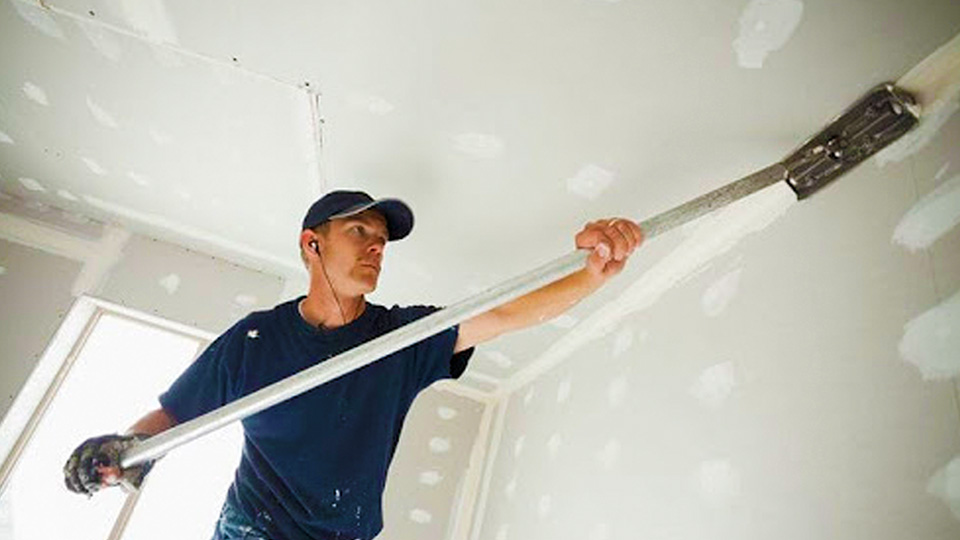
6. Can I patch drywall myself?
Yes, many small drywall repairs can be successfully completed by homeowners with the right tools and techniques. However, larger or more complex repairs may require professional assistance to ensure quality results.
7. Is drywall repair easy?
Simple drywall repairs, such as filling small holes or cracks, can be relatively easy with the proper guidance and tools. However, larger repairs or those involving structural issues may require more skill and experience.
8. How big of a hole can you patch in drywall?
The size of a hole that can be patched in drywall depends on the repair technique used. Small holes, such as nail or screw holes, can be patched with spackle or joint compound. Larger holes may require a mesh patch or even replacement of the damaged section.
9. Can you put drywall over damaged drywall?
In some cases, it may be possible to install new drywall over damaged drywall. However, it’s important to assess the extent of the damage and address any underlying issues before proceeding with this approach.
10. Is mesh or tape better for drywall patches?
Both mesh and tape can be effective for reinforcing drywall patches, but the choice depends on the specific repair needs. Mesh patches are self-adhesive and can be easier to work with for beginners, while tape may provide a smoother finish for larger repairs.
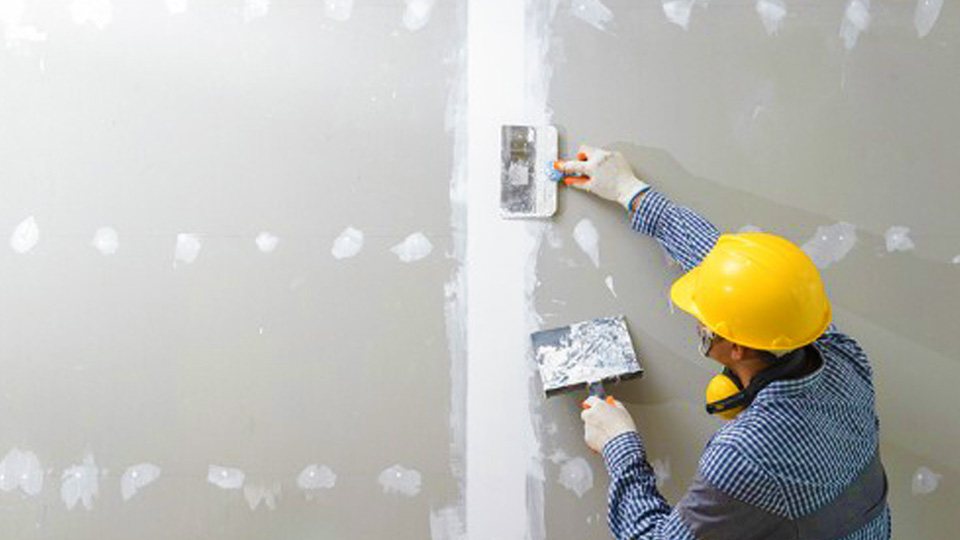
11. What happens if I don’t tape drywall patch?
Failing to tape a drywall patch can result in cracks or separation between the patch and the surrounding wall. Taping helps reinforce the joint and creates a smooth surface for finishing.
12. Can painters patch drywall?
While painters may have some basic skills in drywall repair, it’s typically best to hire a professional drywall contractor for more extensive repairs or renovations. Painters may be able to handle minor touch-ups or small patches as part of their services.
13. How much do drywallers charge in Canada?
Drywall installation rates in Canada vary depending on location, project complexity, and contractor experience. On average, homeowners can expect to pay between $1.50 to $3.50 per square foot for drywall installation, including materials and labor.
14. How much does 1000 sq ft of drywall cost?
The cost of drywall for a 1000 square foot area depends on factors such as the type of drywall, thickness, and brand. On average, expect to budget between $500 to $800 for materials alone, excluding labor and additional supplies.
15. How much is drywall per square foot in Canada?
Drywall prices per square foot in Canada typically range from $0.30 to $0.50 for standard 1/2-inch thick drywall. Specialty drywall or finishes may cost more per square foot.
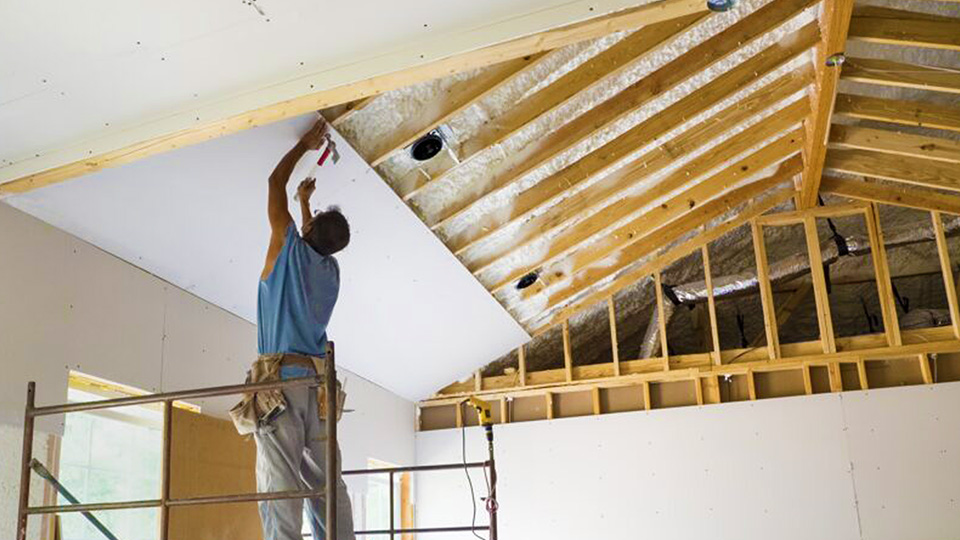
16. What is drywall called in Canada?
In Canada, drywall is commonly referred to as gypsum board or plasterboard.
17. How much drywall is needed for a 2000 sq ft house?
To estimate the amount of drywall needed for a 2000 square foot house, multiply the total square footage of walls and ceilings by the number of drywall sheets required per square foot. A typical calculation might require around 150 to 200 sheets of drywall.
18. How many sheets of drywall do I need for a 1000 square foot house?
For a 1000 square foot house, you might need approximately 75 to 100 sheets of drywall, depending on factors such as wall height, layout, and waste allowance.
19. How much is labor to hang drywall?
Labor costs for hanging drywall vary depending on factors such as location, contractor rates, and project complexity. On average, expect to pay between $30 to $50 per hour for professional drywall hanging services.
20. How much do drywall contractors make in Canada?
Drywall contractors’ earnings in Canada vary depending on factors such as experience, location, and the size of the business. On average, drywall contractors can earn between $40,000 to $80,000 per year.
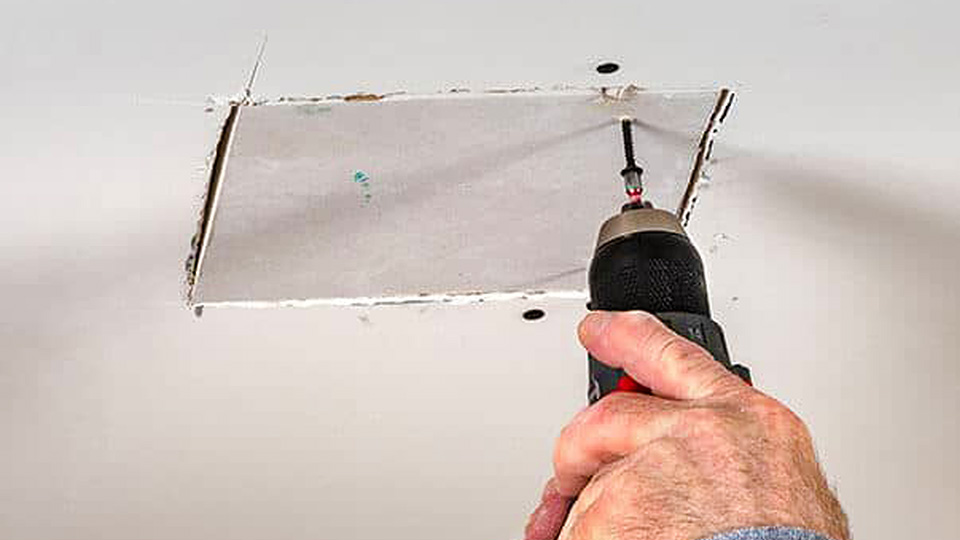
21. How much drywall do I need for a 3000 sq ft house?
For a 3000 square foot house, you might need approximately 225 to 300 sheets of drywall, depending on factors such as wall height, layout, and waste allowance.
22. Can I just mud drywall without tape?
While it’s possible to mud drywall without tape, using tape helps reinforce joints and prevent cracks over time. For optimal results and durability, it’s recommended to use tape when mudding drywall joints.
23. Can I use masking tape instead of drywall tape?
Using masking tape instead of drywall tape is not recommended for drywall repairs. Drywall tape is designed specifically for reinforcing joints and preventing cracks, while masking tape lacks the necessary strength and adhesion for this purpose.
24. Do you have to cover drywall tape with mud?
Yes, covering drywall tape with mud is essential for a smooth finish. After applying the tape, it’s necessary to coat it with joint compound or mud, followed by additional layers to feather the edges and blend with the surrounding wall.
25. Can you attach drywall directly to plaster?
In some cases, you can attach drywall directly to plaster walls using screws or adhesive. However, it’s important to ensure the plaster surface is clean, dry, and structurally sound before installing drywall.
26. How do you hide bad drywall repair?
Hiding bad drywall repair involves sanding the area smooth, applying additional layers of joint compound as needed, and feathering the edges to blend with the surrounding wall. Proper priming and painting can also help camouflage imperfections.
27. How messy is drywall repair?
Drywall repair can be messy, particularly during sanding and mudding stages. To minimize mess, use drop cloths to protect floors and furniture, and consider wearing protective clothing and a dust mask.
28. What does a bad drywall job look like?
A bad drywall job may exhibit signs such as visible seams, uneven surfaces, cracks, or poor finishing. Additionally, poor craftsmanship may result in areas that feel soft or spongy to the touch.
29. What is the best material to repair drywall?
Joint compound, also known as mud, is the primary material used for repairing drywall. It provides excellent adhesion, easy sanding, and can be applied in multiple layers for a smooth finish.
30. How long does drywall repair take to dry?
The drying time for drywall repair depends on factors such as humidity, temperature, and the type of joint compound used. In general, allow at least 24 to 48 hours for joint compound to dry completely before sanding and painting.
31. Are holes in walls expensive to fix?
The cost of fixing holes in walls varies depending on the size and severity of the damage. Small nail holes or cracks can typically be repaired inexpensively, while larger holes may require more extensive repairs or even drywall replacement.
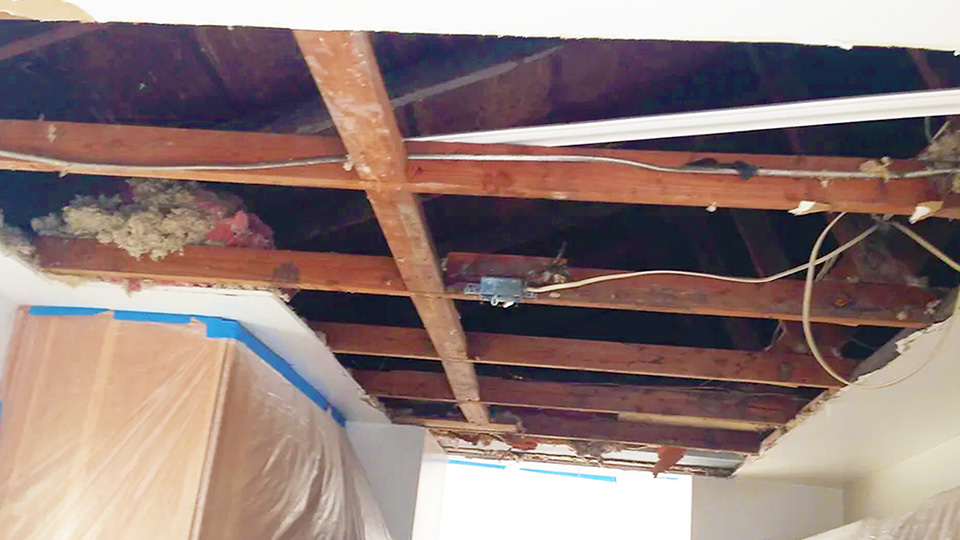
32. What is the difference between drywall compound and spackle?
Drywall compound, or joint compound, is a gypsum-based paste used for taping joints, filling gaps, and finishing drywall seams. Spackle, on the other hand, is a lightweight filler primarily used for patching small holes and cracks in walls.
33. How to fix a large hole in drywall?
To fix a large hole in drywall, cut out the damaged area to create a clean, rectangular opening. Then, install a backing support, such as a piece of wood or drywall scrap, behind the hole. Finally, cut a new piece of drywall to fit the opening, secure it in place, tape the seams, apply joint compound, and finish with sanding and painting.
34. Can I repair drywall myself?
Many minor drywall repairs can be successfully completed by homeowners with basic DIY skills and tools. However, larger or more complex repairs may require professional assistance to ensure quality results.
35. Should I fix drywall myself?
Whether to fix drywall yourself depends on factors such as your skill level, the extent of the damage, and the time and resources available. While simple repairs can be cost-effective and rewarding, more extensive projects may warrant professional assistance.
36. Should I repair or replace drywall?
Whether to repair or replace drywall depends on the severity and extent of the damage. Minor cracks or holes can often be patched, while extensive damage or structural issues may require replacement for a long-lasting solution.
37. Is it expensive to drywall a ceiling?
Drywalling a ceiling can be more labor-intensive than walls due to overhead work and may require additional materials such as scaffolding or lift equipment. While the cost varies depending on factors such as ceiling height and complexity, expect to pay more for ceiling drywall installation compared to walls.
38. How much does it cost to drywall a basement in Canada?
The cost of drywalling a basement in Canada depends on factors such as the size of the basement, labor rates, and material prices. On average, homeowners can expect to pay between $2000 to $5000 for drywall installation in a standard-sized basement.
39. How much does it cost to do a Level 5 drywall finish?
Level 5 drywall finishing involves additional steps such as skim coating the entire surface to achieve a smooth, uniform finish. This level of finish is typically more expensive than standard finishing levels and can cost between 20% to 50% more, depending on the project’s complexity and location.
Conclusion:
Drywall repair and installation are common tasks in home maintenance and renovation. By understanding the costs, techniques, and considerations involved, homeowners can make informed decisions to achieve optimal results. Whether tackling a small patch or undertaking a complete renovation, proper planning and attention to detail are key to achieving a professional-looking finish.

